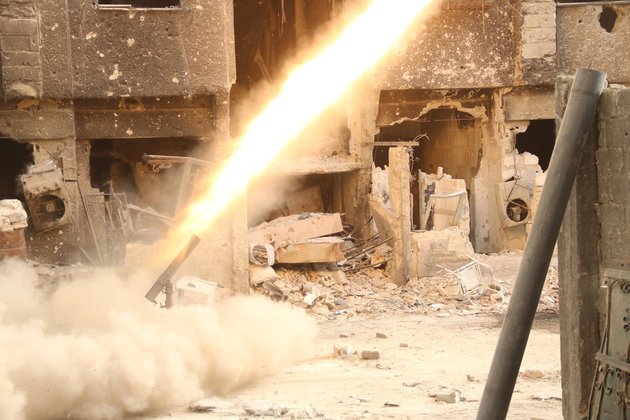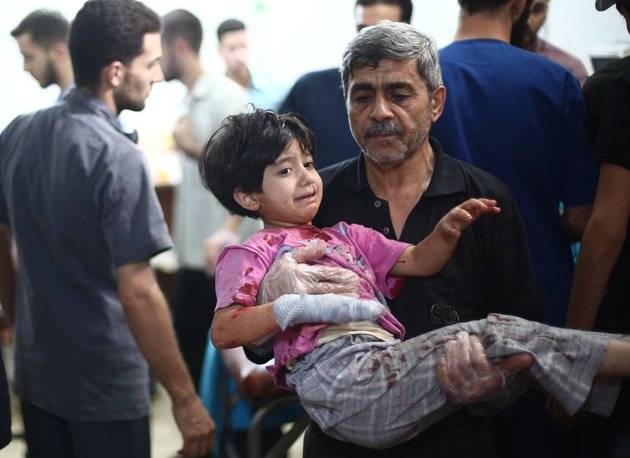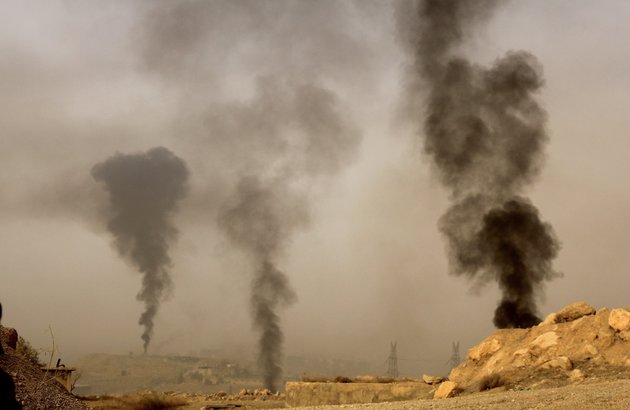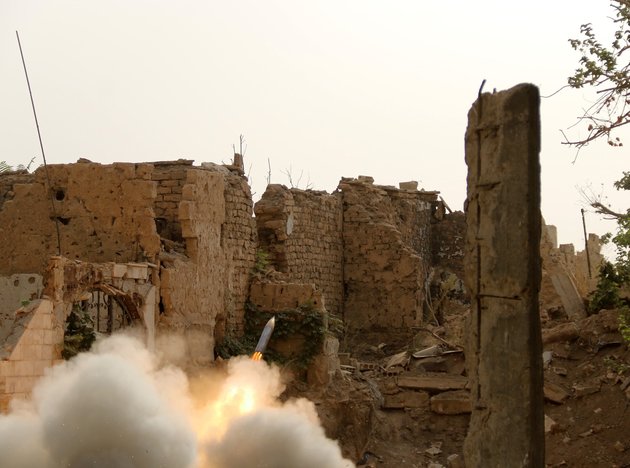15 Sep 2015
Two car bombs exploded in the Syrian city of Hasaka on Monday, killing Kurdish forces, regime soldiers and more than a dozen civilians, according to the Syrian Observatory for Human Rights monitoring group.
The bombings were part of an ongoing conflict in the city, the majority of which is held by Kurdish militia members battling Islamic State forces.
Monday’s attacks reflect just a tiny fraction of violence occurring on a daily basis in Syria. More than 200,000 people have lost their lives in the Syrian conflict since its start in March 2011, including more than 70,000 civilians, and the toll continues to climb.
Nearly 5,000 people died last month alone, according to the Syrian Observatory, including 252 children. This includes hundreds of deaths due to government air strikes, according to a report by The New York Times.
In the last week, at least 80 combatants have been killed in fighting around the capital of Damascus. Scores of Islamic State militants and government forces died in a battle in the country’s east on Thursday. Last week, more reports emerged that Islamic State militants had used chemical weapons in an attack in August.
The conflict has driven more than 4 million people from the country as refugees, after facing little choice but to flee the horrific violence and instability.
A lack of access to services, food and water contribute to a deteriorating humanitarian situation. The United Nations’ World Food Program provides aid to more than 4 million people inside Syria each month, and more than 1 million refugees outside. A lack of funds has resulted in huge cuts to the program this month.
In fact, the conditions in Syria are so bad that its difficult to ascertain just how many people are dying. The United Nations has given up a regular tally, citing a lack of verifiable sources. The U.N. updated its toll over the summer to more than 191,000, but said the figure probably under estimated the casualties.
Media groups are almost entirely absent from the ground in Syria due to the country’s status as the most dangerous place in the world for journalists. Instead, news organizations often cite statistics from the Syrian Observatory for Human Rights, a Britain-based monitoring operation with a skeleton staff that claims a vast network of sources across Syria.

 عربي
عربي


